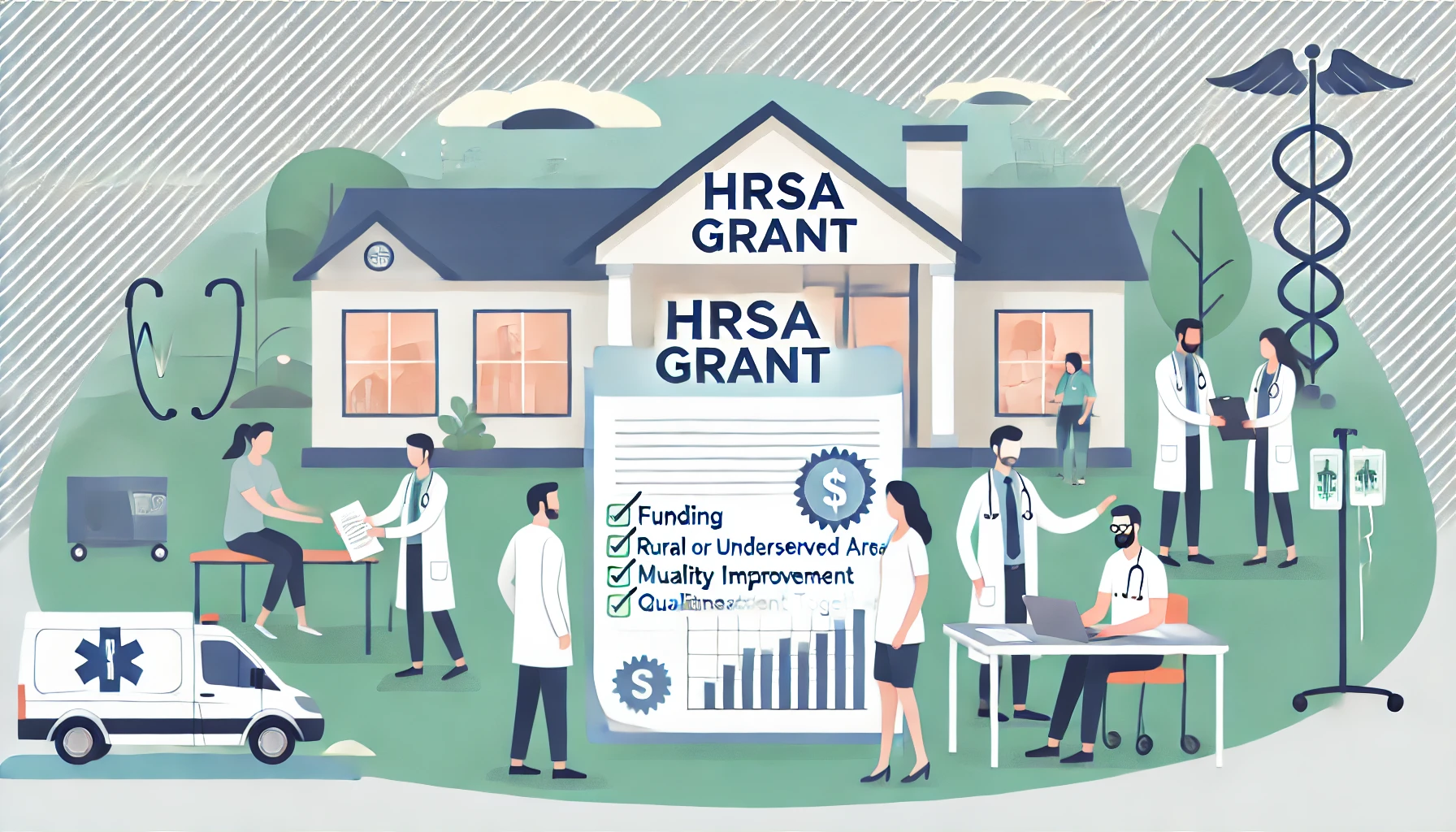
Table of Contents

Emerging AI and Analytics Trends Shaping Healthcare by 2025
AI and analytics are revolutionizing healthcare, driving trends like real-time decision support, predictive analytics, automation, digital twins, and ethical AI by 2025.
Emerging AI and Analytics Trends Shaping Healthcare by 2025
The healthcare sector continues to experience rapid transformation, driven by advancements in artificial intelligence (AI) and data analytics. These technologies are not just reshaping patient care but are also influencing administrative systems, research, and operational efficiencies. With an ever-evolving landscape, it's essential to keep tabs on the most significant trends. The original article from TechTarget, "Predicting top analytics AI trends in healthcare", dives deep into the AI and analytics innovations expected to shape the healthcare industry by 2025. Below, let's summarize key insights from that piece and explore the implications of these changes, while raising critical questions for consideration.
What’s Driving AI Advances in Healthcare?
The healthcare industry, facing resource and budgetary constraints, is increasingly turning to AI to improve decision-making and streamline efficiencies. With the explosion of electronic health data, a need has arisen for sophisticated tools capable of analyzing immense datasets to uncover actionable insights. These tools offer benefits such as precision medicine, predictive diagnoses, and enhanced workflow optimization. But even as these trends unfold, questions about their feasibility, impact, and scalability remain.
Top Trends in AI and Analytics for Healthcare
The article highlights some noteworthy trends that could define healthcare by 2025. Let’s break these down while considering their potential challenges and merits:
1. Real-time Clinical Decision Support
AI-powered decision-making tools are becoming integral in providing real-time recommendations for physicians. By analyzing patient data alongside clinical guidelines, these tools promise to improve diagnostic accuracy and treatment outcomes.
- For instance, AI can alert doctors to rare medical conditions that might otherwise go undiagnosed.
- Challenges: How can healthcare providers ensure that these systems are free from bias? The quality of these recommendations heavily depends on the datasets used to train the algorithms. Moreover, will real-time AI recommendations be fully trusted by healthcare professionals?
2. Predictive Analytics for Population Health
The ability to forecast health trends over several demographics is a powerful capability. Predictive analytics is increasingly used to anticipate outbreaks of diseases, identify at-risk populations, and allocate resources more effectively.
- With a focus on prevention, this approach could reduce costs and improve population health management.
- Skeptical observation: How does predictive analytics account for unpredictable variables like socio-political instability or environmental crises?
3. Automation in Operational Processes
The healthcare back office could be one of the biggest beneficiaries of automation. AI-powered systems that perform administrative tasks such as billing, appointment scheduling, and claims processing are streamlining workflows.
- Pros: Reduced administrative burden frees up resources and personnel for core healthcare functions.
- Cons: Automation might lead to job displacement for clerical employees. Will healthcare organizations find ethical ways to handle this possible downside?
4. Ethical AI in Healthcare
A notable trend is the increasing focus on the ethical use of AI. Concerns about privacy, bias, and fairness in AI models are prompting healthcare organizations to establish robust ethical frameworks. According to the article, "Organizations are aware of the potential for bias in healthcare algorithms and are working to identify and combat it."
- Key question: Do these ethical measures go far enough to address systemic disparities in healthcare?
5. Digital Twin Technology
The concept of digital twins—virtual replicas of physical systems—has started to find applications in healthcare. By creating a "digital twin" of a patient, practitioners could simulate treatment plans and visualize outcomes before applying them in real life.
- Potential: This could improve personalized medicine significantly by tailoring treatment plans to individual patients at a granular level.
- Concerns: Can digital twin technology rely on accurate and comprehensive real-world data to make credible models?
Opportunities and Challenges Ahead
While these trends forecast a promising future for healthcare, there are critical issues that must be addressed:
1. Data Access and Privacy
AI systems rely heavily on access to large volumes of patient data. However, ensuring that this data is protected under stringent privacy regulations is a considerable challenge. Patients might remain skeptical unless their privacy concerns are fully addressed.
2. Interoperability Between Systems
A major obstacle in bringing AI-powered tools to the forefront is the lack of interoperability. Many healthcare systems operate on outdated infrastructures or siloed networks, making the seamless integration of new technologies nearly impossible.
3. Ethical Concerns
Ethical considerations, ranging from data usage to algorithmic bias, are paramount. While AI and analytics can reduce inequalities, they can also exacerbate them if not handled carefully. How will healthcare leaders strike this balance?
Final Thoughts: A Revolution or a Hurdle?
There’s no doubt that AI and analytics are game changers for the healthcare industry. The innovations discussed in TechTarget’s article show incredible promise in transforming patient care, operational efficiencies, and overall health outcomes. However, with every advancement comes a series of questions that demand careful deliberation.
- How can AI avoid inherent biases and promote equitable healthcare?
- Are consumers and healthcare providers ready to adopt these fast-paced changes?
- Can regulatory frameworks keep pace with the breakneck speed of AI innovation in healthcare?
As we approach 2025, it’s crucial to celebrate the breakthroughs while remaining vigilant about their broader implications. The intersection of AI and healthcare presents both opportunities and challenges, and the way forward should be defined by a balance of innovation and caution.

Why Every Hospital Needs a Quality and Patient Safety Program
Every hospital needs a quality and patient safety program to reduce harm, improve care, and foster a culture of accountability.
.png)
.png)

HRSA FQHC Requirements: A Comprehensive Guide for Healthcare Providers
When it comes to federally qualified health center requirements, there’s no shortage of regulations, expectations, and—depending on your perspective—opportunities.
.png)
.png)

Unlocking Funding: A Guide to Health Resources and Services Administration (HRSA) Grants
Use HRSA grants to fund external peer review programs that enhance care quality, reduce bias, and support compliance in health centers.
.png)
.png)



.png)
.png)
.png)






.png)